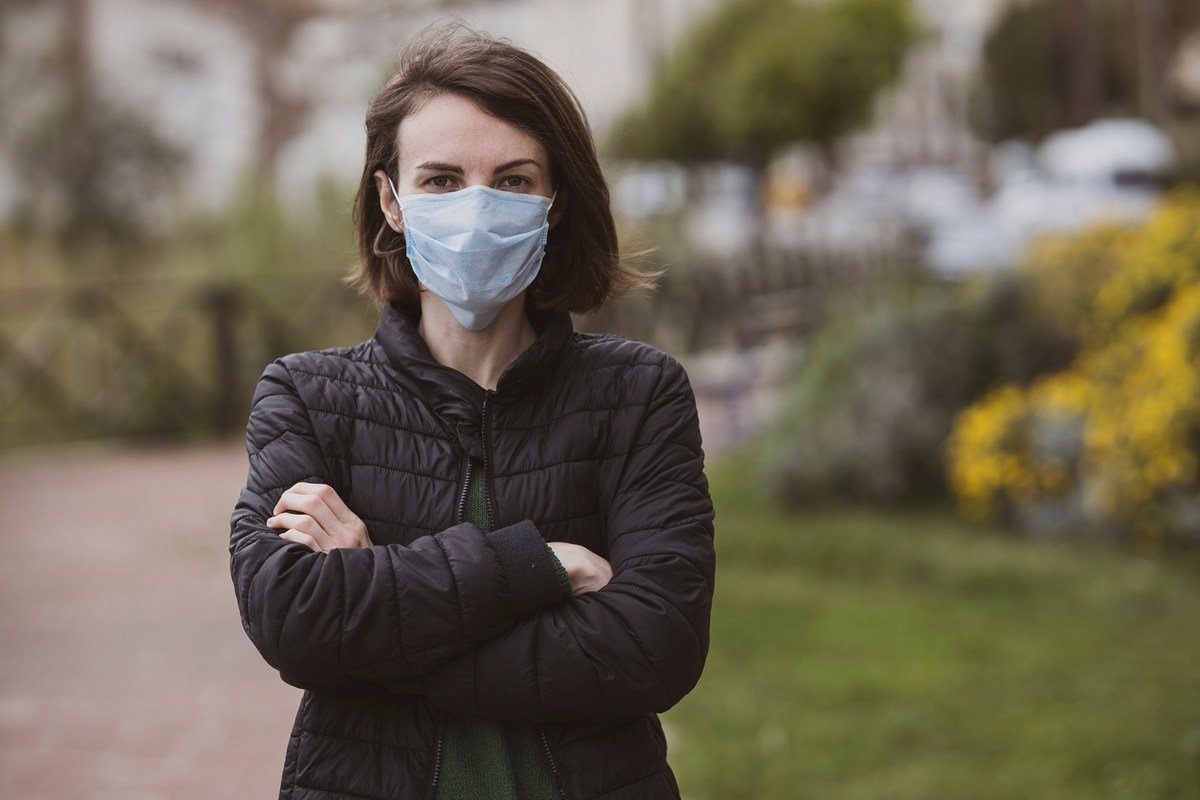WSJ November 21, 2020
Deaths have nothing to do with Vietnam or jumbo jet crashes but with nature’s viral genetic lottery.
By Holman W. Jenkins, Jr. | 785 words
National Public Radio host: “We have said the words grim milestone so many times over the past eight months on this program, and yet here we are once more. The number this time—250,000. . . . Each digit in that number, a life now gone, their loved ones now grieving. The collective loss is hard to measure.”
NPR reporter: “You know, Rachel, each of these terrible new milestones is so big they can start to feel incomprehensible. So I’ve been struggling to find a way to put such a terrible tragedy into some kind of context. It’s hard. But 250,000 deaths is about five times the number of U.S. troops killed in combat in Vietnam. It’s nearly five times the number of Americans who died in combat in World War I.”
These words (and I’ve spared you the full version) were spoken with the dramatic intonation that NPR apparently now requires of its on-air performers, indicating not informational content but somebody’s idea of the appropriate emotional response to be extorted from listeners. And yet the question that started this discussion could have been answered in another way more befitting a news organization: 250,000 is 9% more than the estimated U.S. death toll from the 1957 flu, adjusted for population; it’s 34% larger than the 1968 flu’s death toll; it’s about one-fifth the 1918 pandemic’s.
At least our reporter didn’t tell us that laying the victims end to end would reach from Philadelphia to Pittsburgh.
Covid-19 has nothing to do with the Vietnam War. It is nothing like World War I. It’s not even like heart disease, which kills an estimated 655,000 Americans a year and will likely continue doing so for the foreseeable future.
Covid-19 is a completely different phenomenon of its own. Why not say so?
It begins with natural selection. Unknown millions of virus types exist in the world; the number of individual viruses is believed to be 10 times the number of biological cells. A liter of seawater contains about 10 billion viruses. Viruses are a major driver, perhaps the key driver, of genetic ferment in the biosphere. Some 20% to 40% of all bacterial cells in the ocean die from viral infection each day.
We wouldn’t be here without this giant, complicated mixmaster. It’s a tragedy for humanity when a new deadly virus comes into the world, leaving a noticeable imprint on the mortality tables, accounting for 9% of all U.S. deaths this year. Unlike car accidents and opioid overdoses, Covid deaths are likely to be much reduced next year. Human immune systems will adapt. Vaccines will be deployed. We get invaluable help, which our ancestors never received, from science to endure this new threat from nature as we continue the activities necessary for human survival and advancement.
A rule of thumb for journalists: When you find yourself trying to peddle emotion, stop. When you catch yourself selecting facts and claims and metaphors for their sentimental wallop rather than intellectual merit, rethink. The public needs information and context, not help milking its tear ducts.
In reality Covid deaths going from 249,999 to 250,000 is a largely meaningless milestone and the hoariest kind of fake news. When deaths hit 200,000, listeners could already figure out how many more would make 250,000. Many also knew, unmentioned in NPR’s sermon which likened the daily death toll to several jumbo jet crashes, that most of these deaths are from Covid plus other conditions that afflict the old and chronically ill. Still, the 250,000 milestone was the most reported factoid everywhere on Thursday and Friday, so another hint for journalists: If you find yourself straining for ways to sensationalize a claim that listeners have already heard 50 times, maybe just drop it and move on.
In our interesting times, sadly, what is most noticeable is the shrill, hoarse wind of banality that blows from our multibillion-dollar media industry. A contrast last week was a concise insight from a hospital executive buried in a long New Yorker article: “The only way you can eradicate the virus with today’s tools is if you’re a totalitarian government or on an island.”
And I have my doubts about totalitarian governments. In Western Europe, where neither condition applies, deaths last week were running 75% higher than in the U.S. on a population-adjusted basis. New infections were also registering a sharp downturn as citizens responded to this feedback. As in the past, we’re likely to find individual choices to curb transmission preceded the partial lockdown measures now being implemented. Free societies do not have the advantage in every instance, but their strength is free flow of information and individual responsibility even when that information flows with less value-added from the media than it should.
The Wall Street Journal

